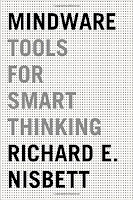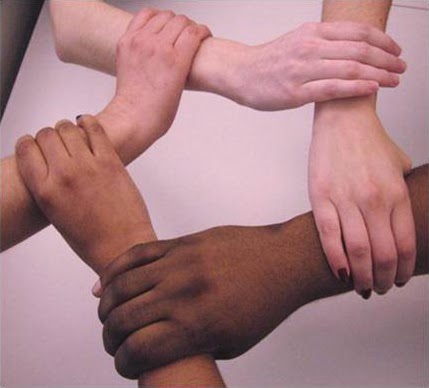The power of intrinsic rewards is great but soon forgotten

Research into self-determination theory has shown that doing things we find interesting has many positive effects. Doing interesting work in intrinsically rewarding. This means that the doing of the work is so interesting and pleasurable that we need no encouragement to want to do it. When we do such activities we tend to be more engaged, we learn and perform better and we persist longer. By the way, what makes activities interesting is not only determined by the content of the activity bit also by the context in which we are doing it, for example the pleasant social interactions we have when doing the activity.

















































